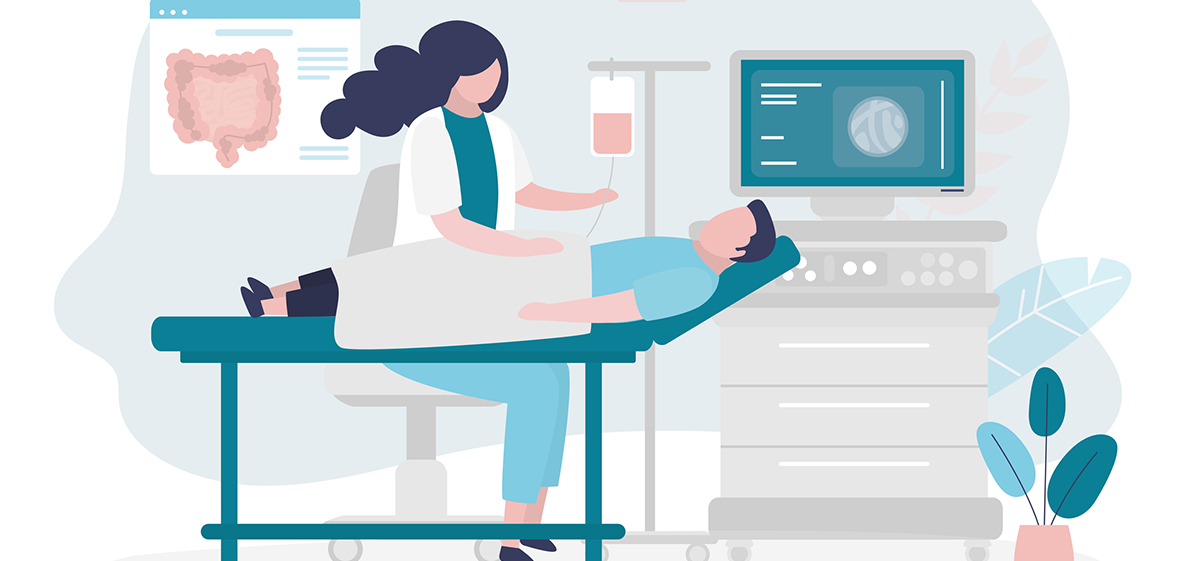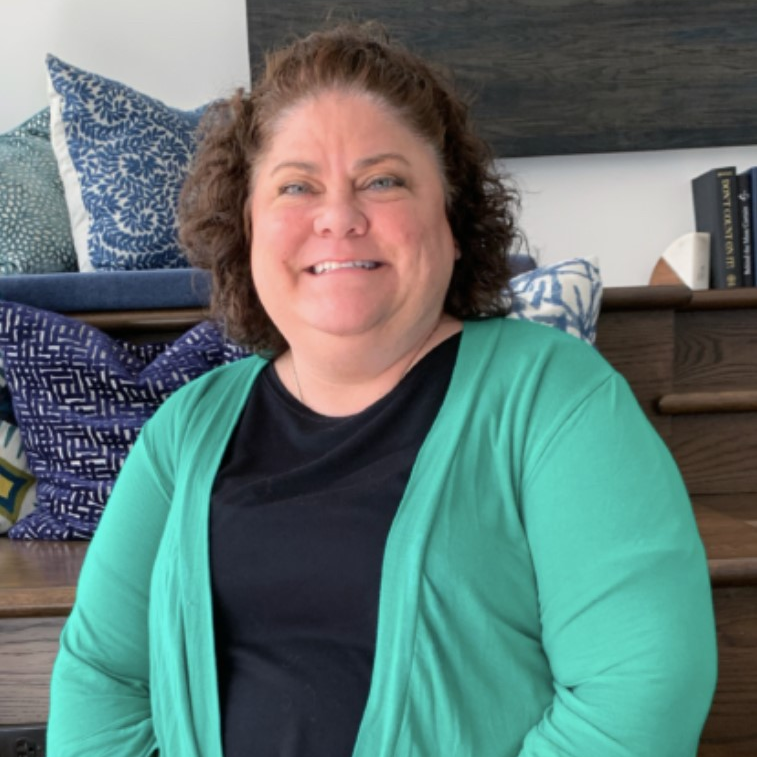
Colorectal cancer (CRC) is a leading cause of cancer deaths in the U.S. for men and women combined. It is recommended to start screening at the age of 45 – earlier if you have a family history of polyps.
Colorectal cancer is highly preventable and treatable with proper screening. If you are at average risk for colorectal cancer, there are a few different types of test options available, including at-home testing options.
Colonoscopy
If you are symptomatic or at high risk for colon cancer, a colonoscopy is always the most effective screening option. A colonoscopy looks for pre-cancerous polyps and cancer. A surgeon or gastroenterologist examines the entire colon and removes any polyps to prevent cancer.
The procedure takes place at a hospital or clinic with sedation, and usually requires a day off work to recuperate.
Before your appointment, the provider will prescribe a laxative to clean out your bowels the 24-72 hours before your colonoscopy. The procedure is pain free, and usually lasts about 15 minutes. Patients are typically able to leave about an hour after the procedure.
For patients with an average risk and if no polyps are found, a colonoscopy needs to be completed every 10 years.
Some facilities, like UofL Health – Mary & Elizabeth Hospital, offer colonoscopies on Saturdays as a more convenient and flexible time for patients who otherwise may not be able to take off work to get screened.
A full list of colonoscopy screening locations is available on our website.
Cologuard®
Cologuard® is an effective and non-invasive at-home test for adults with an average risk of colorectal cancer. Cologuard® finds blood and DNA changes in the stool that are suggestive of cancer.
There is no preparation required for someone to take a Cologuard® test, and results come back quickly. If the test does give a positive result, a colonoscopy screening should be scheduled with your health care provider. A test is recommended every three years for adults with an average risk; however, tests are recommended more often for high-risk adults.
Fecal Immunochemical Test (FIT)
A Fecal Immunochemical Test, or FIT test, is another non-invasive at-home test for colorectal cancer. A FIT test, which is the most common form of at-home testing, detects blood in a stool sample. It does not check for DNA changes in the stool like a Cologuard® test, so it is recommended to test once a year.
Again, if the test does give a positive result, talk with your provider about scheduling a colonoscopy for a more comprehensive test.
Talk with your primary care provider to determine whether Cologuard® or FIT screenings are right for you.
If you have additional questions about colorectal cancer screening or if it’s time to schedule a colonoscopy, call the UofL Health – Brown Cancer Center – Cancer Screening Program at 502-210-4497. If you have any symptoms of colorectal cancer, talk with your primary care provider as soon as possible.









